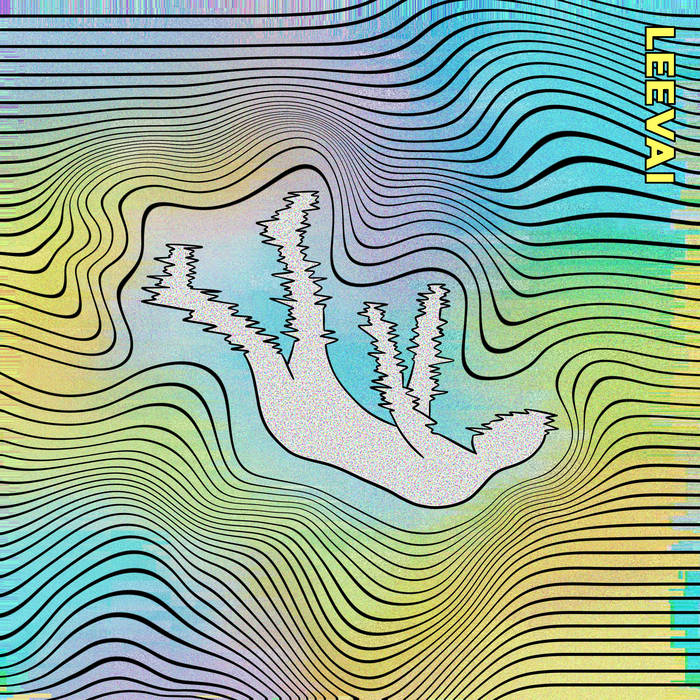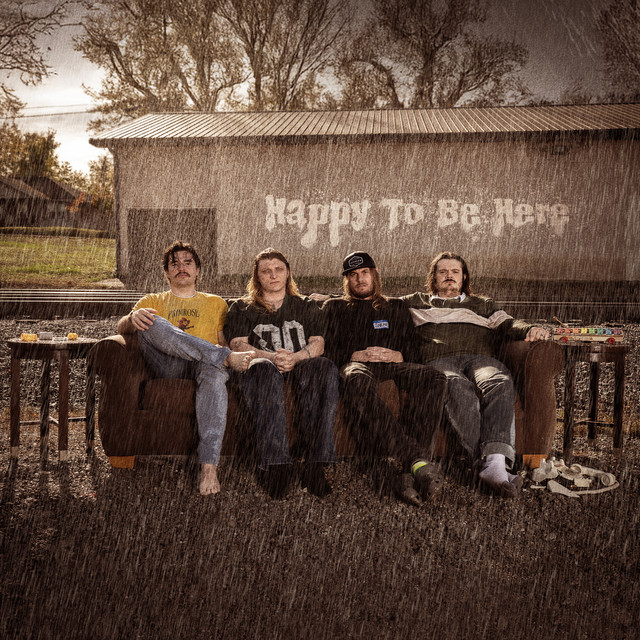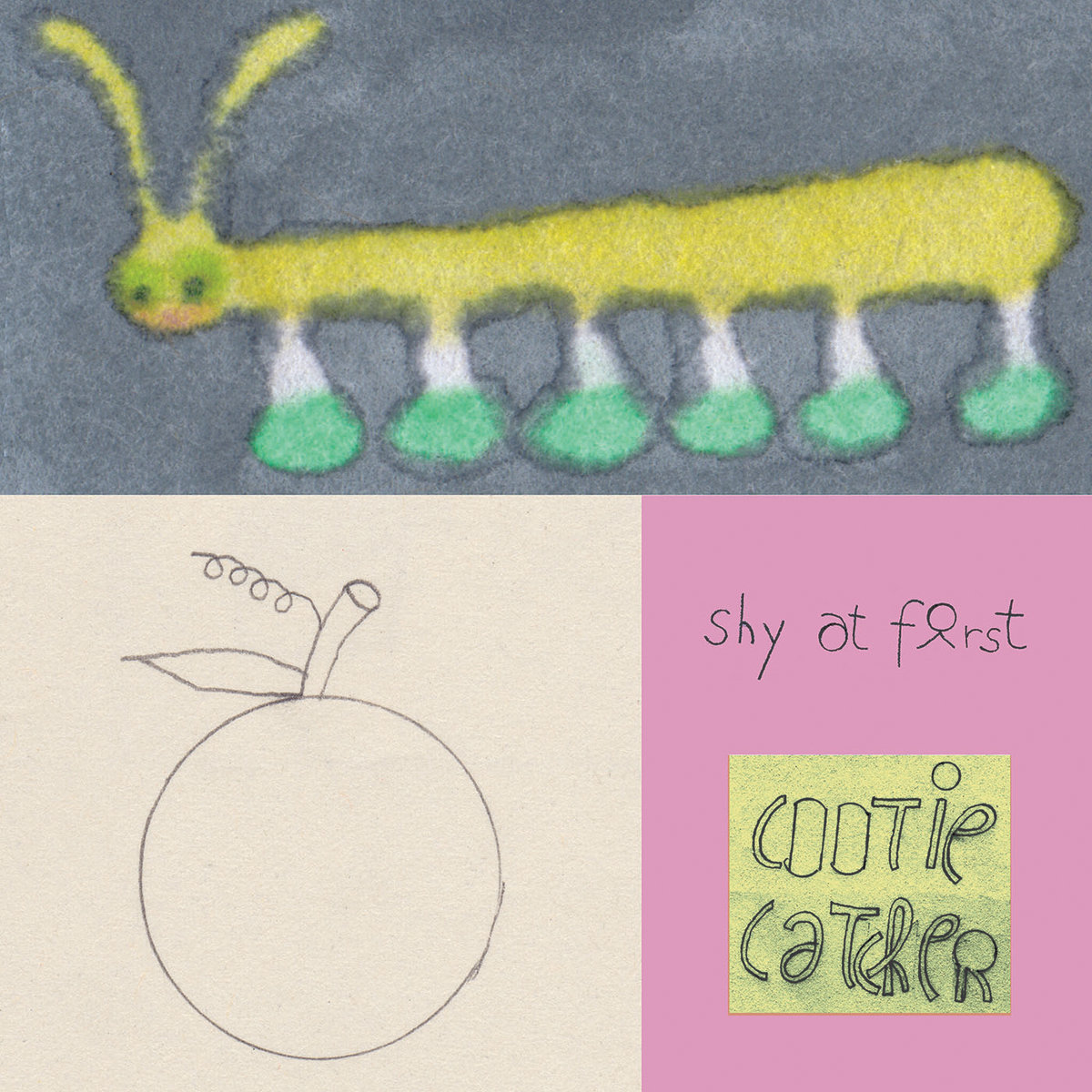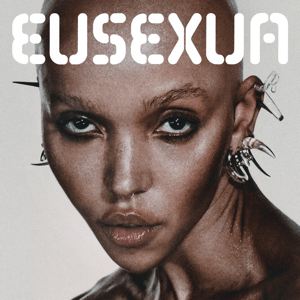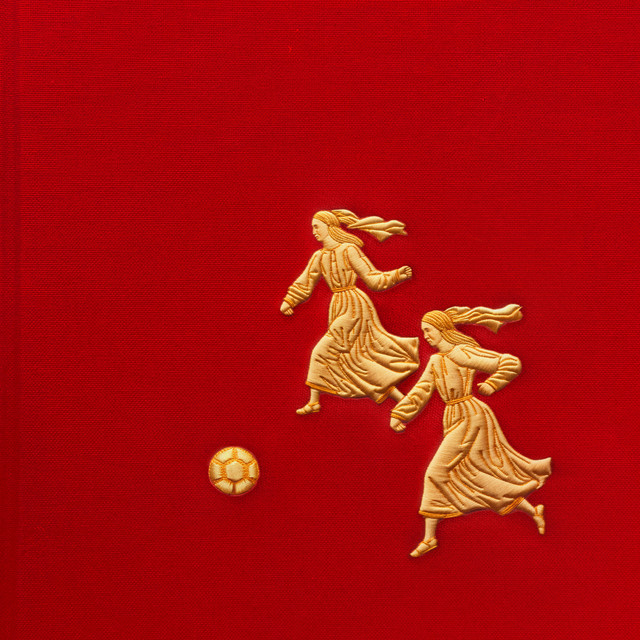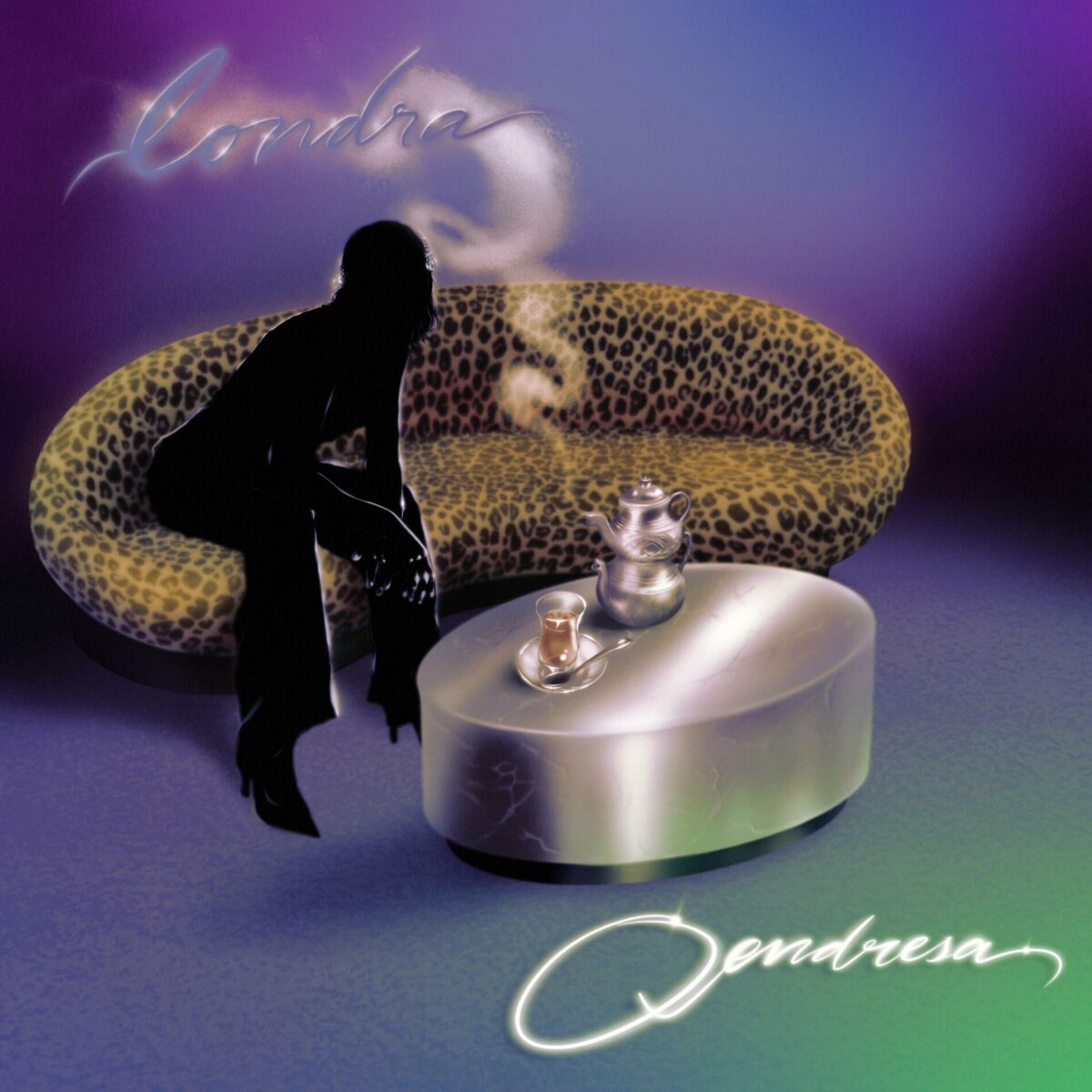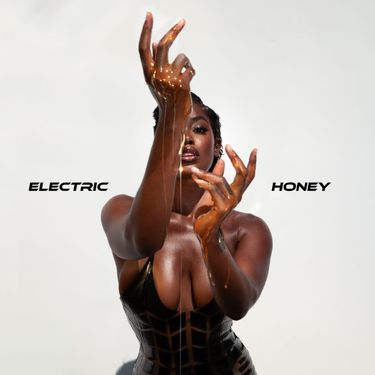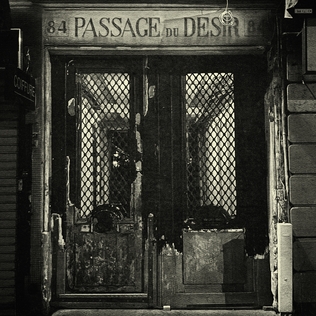FKA Twigs released her newest project “EUSEXUA” on January 24, 2025. It’s a dance pop-heavy album with classic Twigs elements like interludes of screechy dissonance and eerie whispers.
“EUSEXUA” is definitely a different direction than twigs’ previous work; the production is more minimal, and the project feels more accessible overall. With earlier works like “EP2” featuring songs like “How’s That,” and “Ultraviolet,” Twigs went for a heavy-handed kind of experimental, which can often require space for the music to grow on you.
Given that “EP2” is my favorite twigs release, “EUSEXUA” and her minimal production was a little disappointing at first (“Eusexua” took me a couple listens to get used to, if we’re being honest). It felt too easy to listen to, which is a luxury I prefer to reserve for kitschy 2010s electropop. Or toxic mainstream R&B.
But then I got to the second half of the album. Specifically, “Sticky,” “Childlike Things,” “Striptease,” and “24hr Dog.” The second stretch was jarring and alien, the way I like FKA Twigs songs to be.
“sticky”
Following the ultra-dancey “Room of Fools,” “Sticky” is the sixth track on the album, comparatively quiet and vulnerable. Twigs sings over soft piano, admitting devastatingly candid (relatable) things:
"My body aches to be known /
To be expressive in itself /
I want to forgive myself /
I want to release myself from the pain I have inside /
My body wants to be touched in the deepest darkest places /
I want to be loved"
Don’t we all?
Halfway through, the song picks up in pace and takes on this Flume-like buildup (think “Palaces“), until it implodes and scatters into whispers of “sticky situations.”
“Childlike Things”
Maybe the most controversial track on “EUSEXUA,” “Childlike Things” features none other than 11-year old North West, sporting the same bravado as her father Kanye.
“Childlike Things” is admittedly really fun. It’s another dance track, but the cadence is catchy, the backing vocals are frothy, and the content is absolutely absurd: North spreads the love of Christ in Japanese, and I’m not really sure why. I assume that’s the point, however, because children do not dabble in the business of making sense.
“Striptease”
“Striptease” is the album’s ninth track, the production heavier, futuristic, and deeply resonant of Eartheater. Twigs’ vocals on this track phase between being classically soft and slurred and animalistic.
The entire song is a journey: at times bass-bound, at others weightless and ambient, the variation bleeding all the way down to the beat that feathers out midway to DnB, and then eventually settles on Jersey club. That sounds insane, but she makes it work so well.
I’d recommend watching the music video for it, because it gives the entire track new life. Twigs is an incredibly talented dancer who’s able to move in ways that aren’t exactly human; her movement accentuates all of the details of the music.
“24hr doG”
“24hr Dog,” my beloved. My favorite track on “EUSEXUA.”
It makes me want to cry. Although the album bears other deeply vulnerable songs like “Sticky,” something about “24hr Dog” kills me in a way the others do not.
The production itself is gentle and dreamy, its power coming from reverberation and deep, steady pads both building upon one another.
It sings a song of desperate submission: to who or what exactly is up to interpretation. To art, to fear, to pain? To me it sounds like being on a metaphorical leash for love, only to realize you are the one holding it. “24hr Dog” is the point at which you can no longer hide behind image or illusion. When whatever it is you live for, becomes what you’d die for.
“EUSEXUA” might be an excursion of FKA twigs’ into the world of minimalistic production and club pop, but she hasn’t surrendered the depth she brings to her art. It’s versatile. You can take it with you wherever you go.
love & disco,
dirty chai


